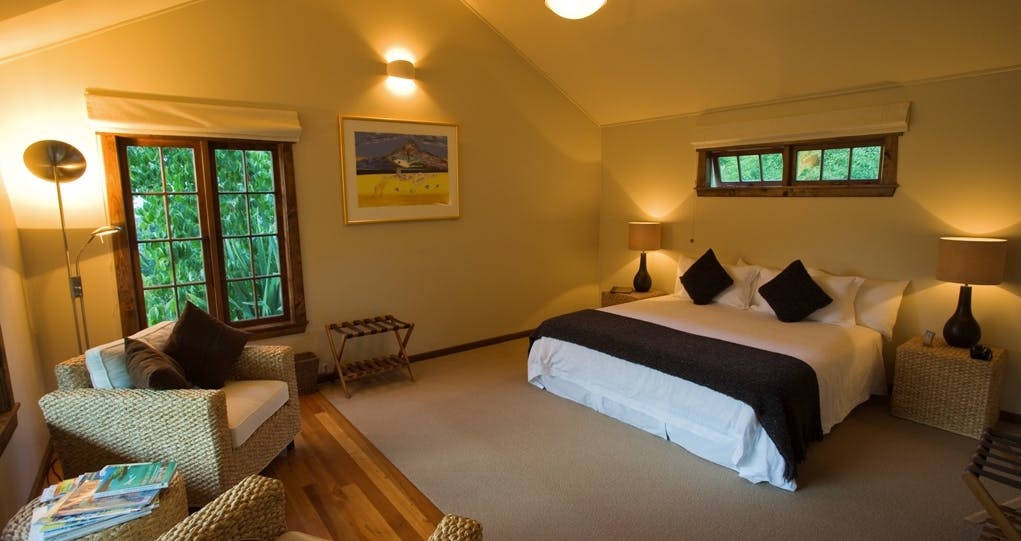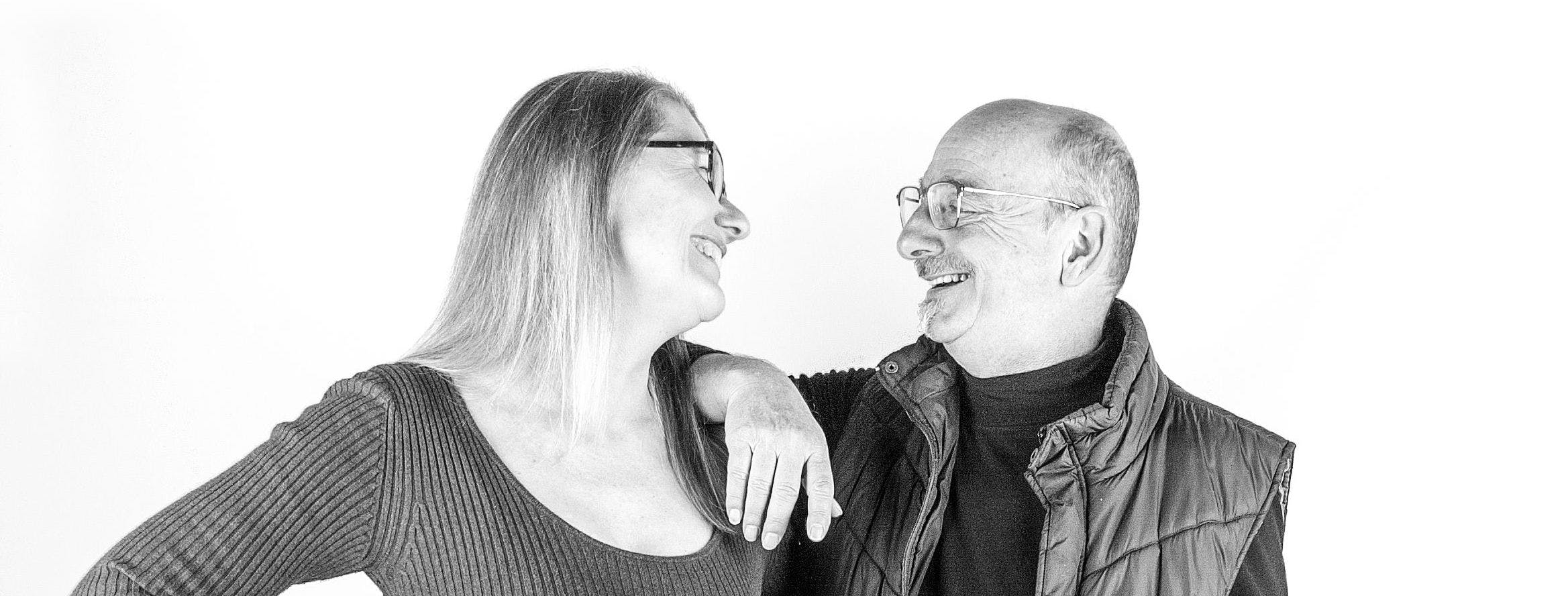Felix Borenstein
The Fly Fishing & Adventure Lodge Consultant
Listening is the best form of luxury
Date: 23 February 2024
Over the last 20 years, I’ve had countless conversations about what it takes to make high-end accommodations feel truly luxurious. People struggle to articulate one thing and resort to listing features; marbled bathrooms, a spectacular view, or maybe an exquisite menu. I’ve discovered that if you dive a little deeper, you'll find that the real differentiator isn't necessarily what you can touch or see—it's how you feel. At the core of this sentiment is the age-old art of listening.
I’ll give you an example. We live in a world where we are always on, always connected. Welcome to the age of instantaneous communication. Yet so often, there’s a delay, and that delay can be costly.
A few years ago when we were working on growing the reputation of the Owen River Lodge, a guest sent inquiries to us and another fishing lodge in New Zealand simultaneously. I jumped on and replied straight away. Responsive service is good service. By the time I had engaged with them, understood their needs, and taken their deposit, the other lodge hadn’t even responded to their initial inquiry. Our lodge was top-quality and I think we offered a unique experience regardless, but even if the competition had been stronger that swift response would have converted the sale.
This isn’t about patting myself on the back. It's about understanding that in our industry, customer service doesn't begin when the guest steps onto your property—it starts the moment they express an interest. The quicker and more effectively you respond, the better impression you make.
But listening isn't only about speed—it's about depth. It’s about anticipating needs, and constantly asking yourself; “How can I exceed my guest’s expectations?”

How many times have you checked into a hotel, ready to unwind, a little bit exhausted, only to find a tedious form waiting for you at the reception desk? All your details are right there in front of them, but you're still handed an almost empty sheet. A tiny annoyance? Absolutely. But when these tiny annoyances pile up, they can tarnish the whole experience. It might sound like a small thing, but ensuring such details are filled in before check-in, greeting expected customers by name and offering refreshments on arrival can set the tone for the entire stay. Because the truth is, the devil is in the details.
Consider this: it's winter, you've had a long journey, and all you dream of is a warm room to sink into. You unlock the door, and you're greeted with a freezing room, open curtains and rain pounding against the windows. The realisation hits hard that you need to wait another half hour for it to heat up. The accommodation provider is not saving that much on power, but they are losing significantly on the guest experience. The contrary experience is walking into a room where the heater has already been turned on, the lights set to a cosy dim, and your favourite lactose-free milk waiting in the fridge (because they knew you're lactose intolerant). It's these moments, these personal touches, that transform a stay from good to exceptional.
Being stingy with the small things has a disproportionate effect on their goodwill and perspective of the overall accommodation. Complimentary offerings can be as divisive as a political debate and substantially impact the guest experience. In my lodge, all the soft drinks, juices, and sparkling water in the room's fridge are on the house. No one likes to feel as though they have to pay a few dollars extra for the privilege of some nuts and a juice mid-afternoon —especially after paying for a luxury experience. It's all about making the guest feel valued and taken care of —through every part of their stay.
Expensive bed linen is a costly investment, but if you are marketing yourself as a luxury accommodation provider it is a non-negotiable. Cotton, linen, wool, down. Those are your friends. Get rid of any polyester or blended fabrics. They don’t breathe, they don’t feel nice against the skin, and they certainly don’t scream luxury. You want people to sink into their beds and exhale with an involuntary sigh of bliss. They need to have their best sleep and wake up asking where their beds are from and what made their sleep quite so exquisite.
These are some areas to look at and inspect carefully, but they are examples of the overall message; exceed expectations. The question becomes: how do you consistently exceed expectations, especially when tariffs and offerings might vary? Well, it's a delicate dance of understanding what's already expected at that price point and then adding layers of value that are both tangible and intangible. Listen to what's said and unsaid. Pick up on the nuances, the hesitations, and the outright requests.
There are things that you can attempt before your guests arrive, but your best source of feedback is the guests themselves. Ask them. What was good about their stay? What did they think could be improved? What have they seen better done elsewhere?
Don’t be too afraid of bad feedback to ask questions. Everything you hear is learning, and you’re far better to hear about a less-than-ideal experience directly from your guest than read about it on TripAdvisor the next day. Failure is feedback.
The luxury accommodation industry is saturated. To stand out, it's no longer enough to just provide opulent surroundings or gourmet meals. It's about creating an experience that resonates, one where the guest feels seen, heard, and valued.
If there's one piece of advice I can give to anyone in the hospitality industry, it's this: Listen. Not just with your ears, but with your heart. Anticipate needs before they're expressed and always be on the lookout for ways to elevate the experience. After all, in a world that's constantly talking, sometimes the most luxurious thing you can do is listen.

Felix Borenstein
The Fly Fishing & Adventure Lodge Consultant
